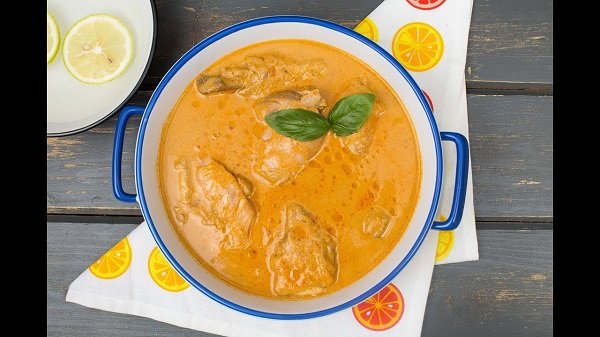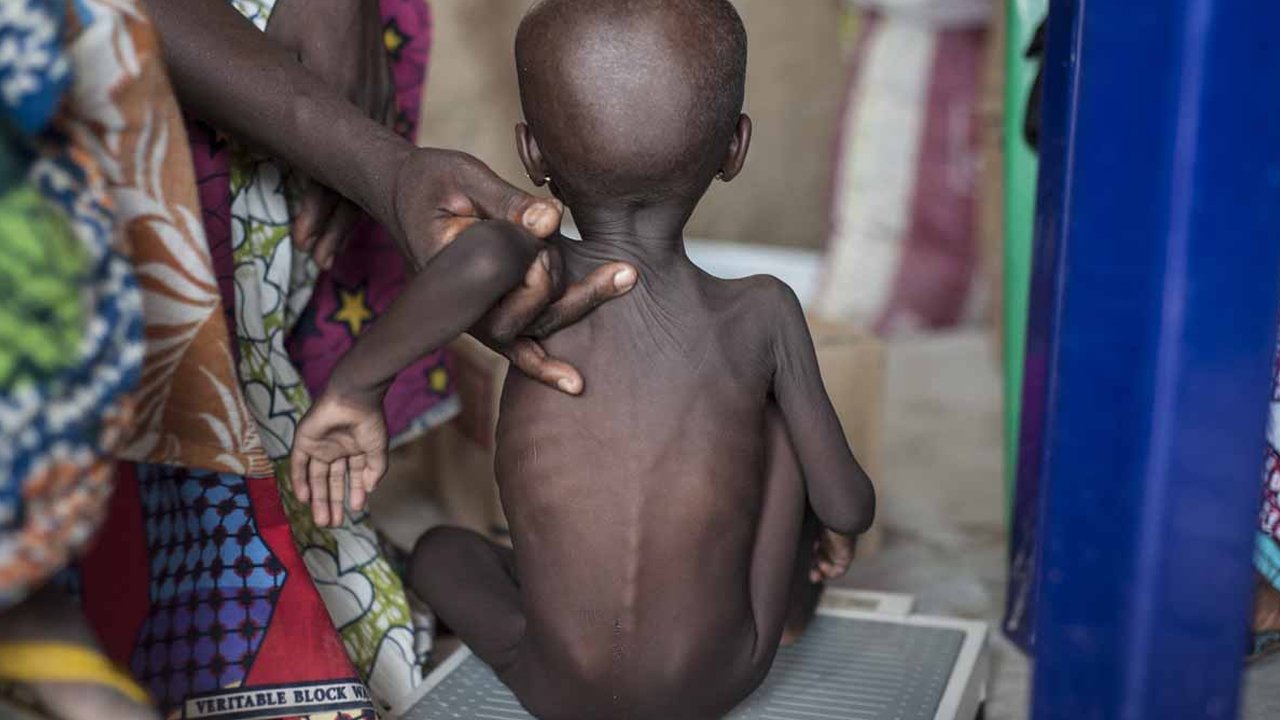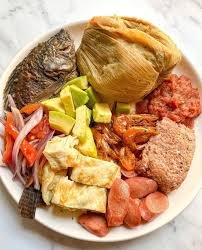Nutrition
Wrewre eloNkwan (mn soup)

• Wrewre soup
Ingredients
– Two medium-sized hard chicken
One small lemon
-Three cups of wrewre (melon seeds)
-Two medium-sized onions
-Four medium-sized tomatoes
-Two tablespoonful of tomato paste
-Six gloves of fresh garlic
-100 grammes of fresh ginger
-One small scotch bonnet pepper
-One sprig of rosemary
A handful of thyme
A handful of sage
Water – about three litres
Salt to taste
Method
Prep the chicken by washing it with lemon juice and removing any remaining feathers.
The lemon juice helps to remove the poultry smell.
Blend one onion, half of the ginger, fresh herbs and garlic together. Use a little bit of water to help with the blending.
Place the chicken in your soup pot and add salt to taste, add the spice blends and the blended onion mixture.
Stir and let it season for about 30 minutes. Also add the rest of the onions, tomatoes, tomato paste and pepper.
Also, slice the remaining ginger and add.
Now prep the (Wrewre) by toasting
it in the oven or dry toasting on the hob.
Before toasting, do check and remove any remaining debris found in it.
When toasting in the oven, pre-heat the oven to 180 degrees Celsius and toast for about 30 minutes. Use a wide oven tray to help spread out the Wrewre for even toasting. Also, stir the (Wrewre) 15minutes into the toasting time to ensure an even toasting.
Start steaming the chicken including everything else in the pot. You may need to add more water to help the chicken to tenderise to your preference.
Once the (wrewre) has browned lightly, remove it from the oven and mill it into a coarse paste.
Extract the (wrewre) milk by blending the coarse paste with water and using a fine sieve to strain it. Repeat this process a couple of times until the water becomes clear and non-milky. Then throw away the chaff. Use about three litres of water for this process.
Now using a finer sieve, re-strain the milky solution a couple of times to remove as much chaff as possible. The result should be silky smooth milk with little or no grits when passed through the fingertips.
Now check on your steaming pot, the vegetables would have softened up, ready to be removed and blended. Check the seasoning of the chicken and correct with salt.
Blend the onion, tomatoes and pepper. Add it into the soup pot, cover and let it simmer for about 10 minutes until a light layer of oil is formed.
Now add the (wrewre)milk to the pot, straining it once more.
Turn up the heat and let the soup simmer for about 20 minutes. Then turn down the heat and let it simmer gently until it is cooked to perfection. This process could take an hour, depending on your heat settings.
Serve the soup hot with fufu, boiled rice, rice balls, boiled yam, boiled potato, boiled ripe plantains or bread or can be eaten on its own.
Source: Puls.com.gh
Nutrition
Nourishing Ghana Starts with Us: The role of citizens

The success of Ghana’s fight against malnutrition does not rest solely in the hands of the government or donors. It depends on us, the citizens. Nutrition is not just a technical issue. It is a societal one, and every Ghanaian has a role to play in ensuring that no child goes hungry, no mother is left unsupported, and no community is forgotten.
As citizens, we must shift how we see nutrition: not as a private family concern, but as a collective national responsibility. Here’s how we can act:
1. Demand accountability
Every citizen has the right and responsibility to ask how public funds are being used to support nutrition. Are local clinics stocked with supplements? Are school feeding programmes working in your district? Are maternal health services adequately funded? Ask questions. Engage assembly members. Attend town hall meetings. Make your voice count.
2. Speak up, Speak out
Silence has a cost. When we fail to speak out against malnutrition, we normalise it. Use your platform, whether it is WhatsApp group, a radio show, a church gathering, or social media, to raise awareness. Normalise conversations about child feeding, food quality, and maternal health. Silence keeps systems broken. Voices drive change.
3. Support local solutions
Support or join community nutrition initiatives. Volunteer. Share what you know. Help spread accurate information about breastfeeding, healthy diets, and hygiene. If you are a farmer, teacher, trader, or youth leader, your knowledge and effort can make a difference. Change starts in our homes and neighbourhoods.
4. Protect the first 1,000 days
Whether you are a father, grandmother, neighbor, or employer, support pregnant women and caregivers during this crucial period. Encourage antenatal care. Help with child care. Prioritise nutritious foods. The first 1,000 days of a child’s life lay the foundation for everything that follows.
When citizens care, ask questions, take action, and show solidarity, we create the conditions for lasting change. Malnutrition is not inevitable. It is a symptom of neglect, and neglect ends when citizens choose to act.
Feature article by Women, Media and Change under its Nourish Ghana: Advocating for Increased Leadership to Combat Malnutrition Project
Nutrition
Ga Kenkey

Ga kenkey, a staple in Ghanaian cuisine, is prepared with fermenting corn dough, then cooking a portion of it to create ‘aflata’ or ‘banku’. It is a popular food in the southern part of Ghana.
Ingredients:
-8 cups of dried corn
-Dried corn leaves (for wrapping)
-2 tablespoonful of stew
Preparation
-Soak corn in water overnight
-Grind corn into a powder form
-Mix the ground corn with water (dough)
-Mix part of the dough with water and put it on fire to cook
-Take the pot off the fire and mix in the remaining dough .
– When ready shape mixture into balls and set every prepared ball on a corn leaf.
– Cover each ball by wrapping the corn leaf around it
– Put water on fire. Add wrapped kenkey to boil for 45 minutes.
– When ready take them out carefully and serve them along with shito, ground pepper and fish.






